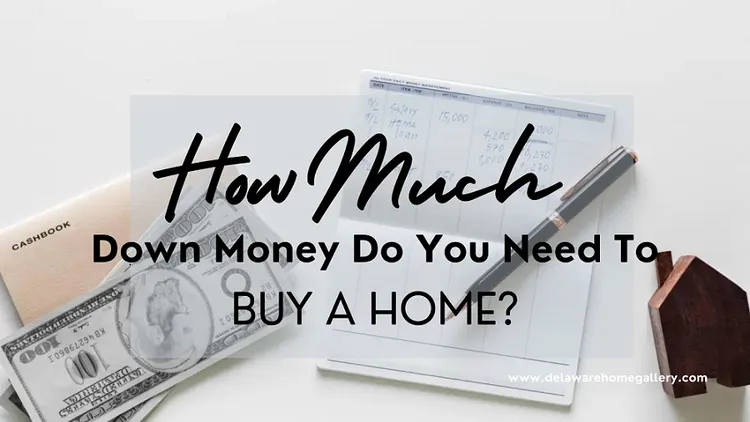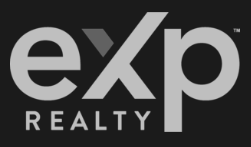
How Much Down Money Do You Need To Buy A Home?
There are a ton of ways to answer this question. There’s also some SHOCKINGLY misleading information floating around on the Internet about how much money is required to buy a home. In many cases, we get the impression that people are making the assumption that what shows up as the default percentage in most online loan calculators (IE 20%) is the norm for down payment, and that it’s a ‘one size fits all’ situation.
The tragedy in that is that there are people walking around with the firm belief that they will never be able to afford a home, when they have the means right now…and have had in many cases, for YEARS.
Here’s the deal…
How much down money you need depends ENTIRELY on the circumstances surrounding your purchase plans. It’s not a fixed figure. The only guarantee regarding down money amount is that it’s seldom what you think.
Here are a few examples to illustrate my point:
1. In certain areas, at certain times, and meeting certain income requirements, a buyer could find him or herself qualifying for a loan that allows for 100% financing. That same loan may allow for that buyer to negotiate to have settlement help from the seller to help cover closing costs, loan origination points, attorneys fees, appraisals, etc, In a circumstances such as that, the buyer may need to bring little or no money of their own to the settlement table. In some cases, and with certain loan types, they could even be reimbursed for out of pocket expenses for things like home inspections, and actually get MONEY BACK at the settlement table.
2. An investor buying a TLC property to fix up and flip on a 120 day turn around cycle might be most suited for a “hard money” lending situation where they are paying a high interest rate for the short term. In that case, to that buyer, it might make sense to put 50% down.
3. In a trade up, or trade down situation where someone is selling one home, and buying another, and there is equity available to roll from one home to another, it might make sense for that person to put 20% down in order to sidestep certain expenses that can exist when you finance greater than 80% of the value of the home.
Every situation is unique, and based on ever changing sets of criteria as the banks respond to changes in the market by adjusting their lending guidelines and loan products to suit their larger financial goals.
What you do NOT want to do is make any important decisions about this without getting the most current information from a loan officer that does the majority of their business in the area you intend to purchase.
One of the little known facts is that while the big national companies are very visible, and create a great impression with their fancy marketing campaigns, it is exceedingly difficult for a loan officer working in a central office 500 miles and 7 states away from where you are making your purchase, to have a good handle on what’s going on in the LOCAL market. When a loan officer is servicing 50 states, they tend to be jacks of all trade but masters of none. And because each state handles financing differently and nearly always have custom loan products available to local lenders to facilitate some state level housing objective, the local lenders tend to be the most “in the know” about the best programs for a particular purchasing situation. Rates tend to be comparable, and and the difference in expertise is often beyond compare.
Often going “local” with your lender can mean the difference between a happy road to your new home, and being dragged through a knot hole backward.
Are you starting to look into financing for your purchase? If so, we’d be happy to put you in touch with a (or several) local lenders who can get you details on the best loan for your situation. Just reply back and tell us a bit about your plans.


All Rights Reserved
Broker: eXp Realty 144 Kings Highway, Suite 301, Dover, DE 19901 (O) 888-543-4829
Popular Pages
Office Hours
Mon: 9am To 5pm
Tue: 9am To 5pm
Wed: 9am To 5pm
Thu: 9am To 5pm
Fri: 9am To 5pm
Weekends: By Appointment
Evenings: By Appointment
Holidays: By Appointment
The Home Gallery Team
144 Kings Highway Ste301
Dover, DE, 19901
Phone: (302) 335-6638
Email: [email protected]
Map View:

Copyright ©2023

©EXP Realty LLC 2022
All Rights Reserved
Broker: eXp Realty 144 Kings Highway, Suite 301, Dover, DE 19901 (O) 888-543-4829

